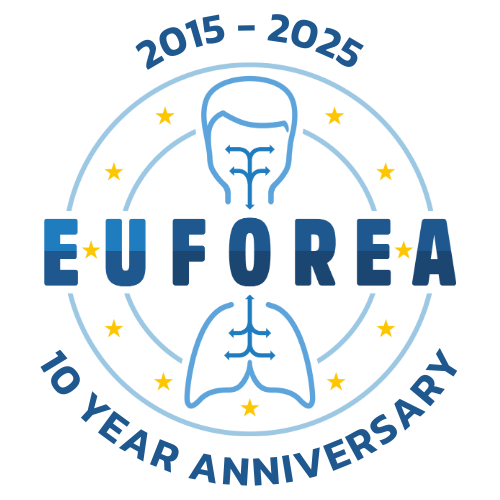Asthma Crisis or Asthma Attacks: What’s in a name?
The management of asthma has undergone huge changes over the last few decades. New treatment options are available and there are established international guidelines like GINA and the new Asthma treatment algorithm by EUFOREA. Despite this, asthma remains uncontrolled in a significant proportion of patients. And asthma exacerbations remain a huge problem. So what do we do about them?
Asthma exacerbations may happen occasionally in those patients with severe uncontrolled asthma, and lead to mortality and major health-economic challenges. Current international guidelines of care are aimed at preventing exacerbations and reducing mortality. The definition of exacerbation might not reflect the serious nature or psycho-emotional impact of sudden aggravation of asthma symptoms. Therefore, key opinion leaders in the asthma field would suggest a name change for asthma exacerbation.
Asthma remains a common chronic respiratory disease and it has a global prevalence in adults of over 4% of the population. Patients suffer from variable airflow obstruction resulting in respiratory symptoms, such as attacks of dyspnoea, limitation of activity and impaired quality of life.
Joining this EUFOREA News show is Prof. Guy Brusselle, Head of the Department of Respiratory Medicine at Ghent University Hospital in Belgium, Chair of the European Respiratory Society research council, and Prof. Guy Joos, Pulmonologist in the Department of Respiratory Medicine at Ghent University in Belgium.

